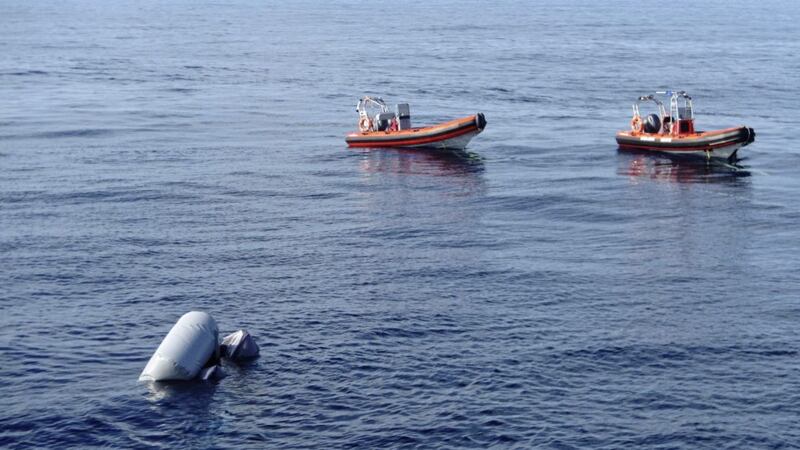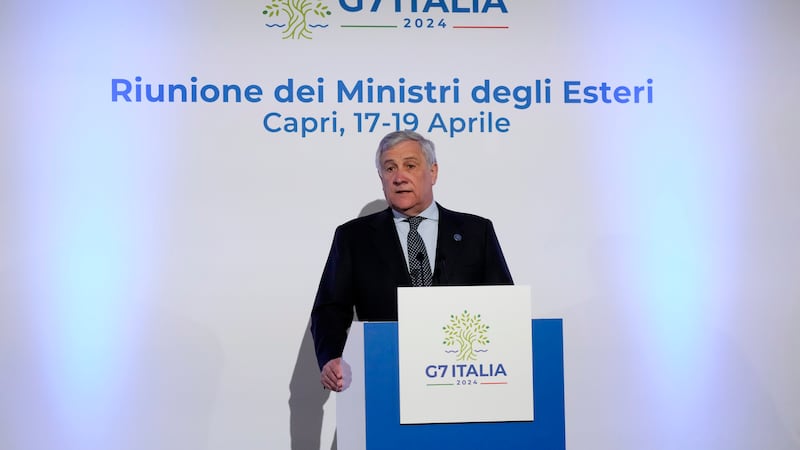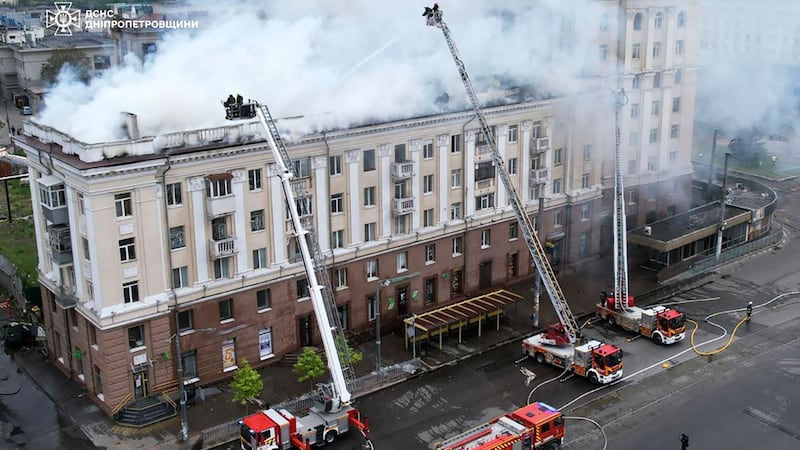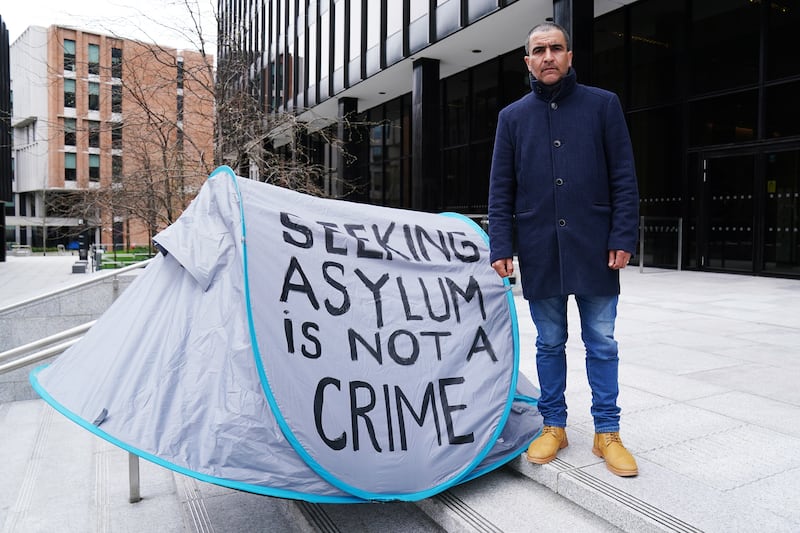The bodies of two African migrants and a five-month-old baby boy who drowned in a shipwreck over the weekend were found on the coast of Libya, a UN official said.
Separately, the Libyan coast guard intercepted a ship with 130 Europe-bound migrants today and returned them to Libya.
According to Safa Msehli, a spokeswoman for the International Organisation for Migration, the three bodies washed up near the Libyan coastal town of Zawiya.
They were part of a dozen people who were missing and feared drowned after a boat carrying around three dozen migrants capsized in the Mediterranean Sea on Saturday.
Zawiya is about 30 miles west of the capital, Tripoli.
Two children were reported to be among the missing migrants.
The 130 migrants intercepted today were mainly from Sudan, and included seven women and three children, she said.
Libya, which descended into chaos following the 2011 uprising that toppled and killed longtime dictator Muammar Gaddafi, has emerged as a major transit point for African and Arab migrants fleeing war and poverty to Europe.
Most migrants make the perilous journey to Europe in ill-equipped and unsafe rubber boats.
The IOM said in March that its estimated death toll among migrants who tried to cross the Mediterranean passed the "grim milestone" of 20,000 deaths since 2014.
In recent years, the European Union has partnered with the coast guard and other Libyan forces to stop the flow of migrants.
Rights groups say those efforts have left migrants at the mercy of brutal armed groups or confined in squalid and overcrowded detention centres that lack adequate food and water.
Libya is largely governed by local militias, many of which profit from the trafficking.
The EU agreed earlier this year to end an anti-migrant smuggler operation involving only surveillance aircraft and instead deploy military ships to concentrate on upholding a widely flouted UN arms embargo that is considered key to winding down Libya's relentless war.








